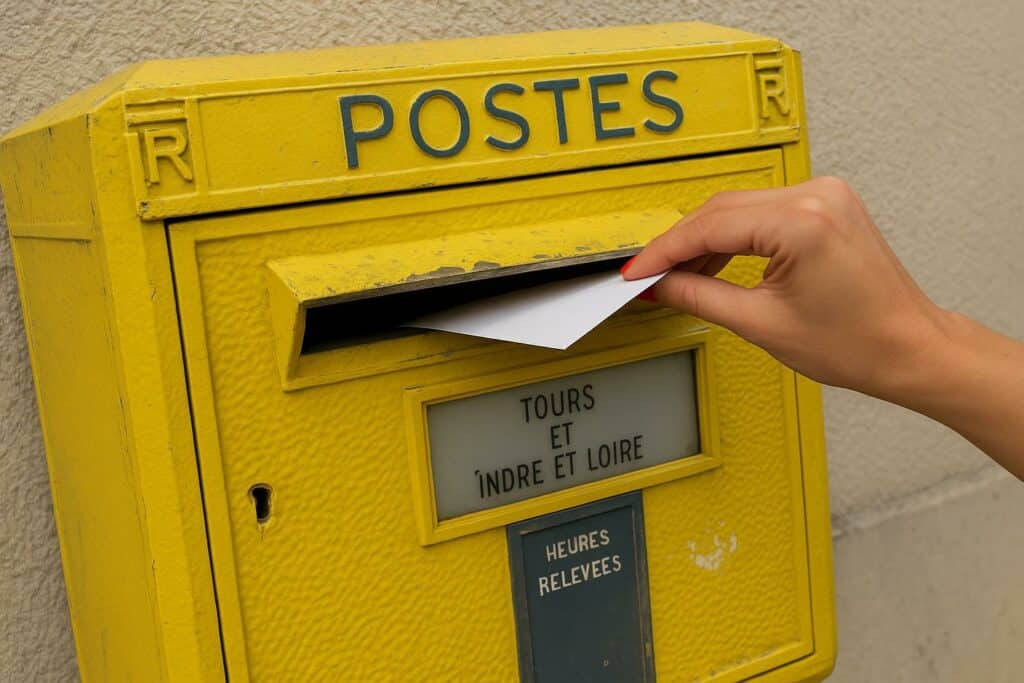Trust: The Invisible Currency of National Cohesion
Across the Republic of Congo, the question of confidence—this subtle but decisive inclination to believe that the other will do no harm—has quietly moved to the centre of public conversations. When neighbours hesitate to lend a hand, when professionals suspect hidden agendas, and when institutions appear distant, the social fabric thins. Trust, by definition, presupposes a sense of security anchored in honesty, objectivity and an admitted fallibility. Without those virtues, the sense of community falters, opening the way to doubt and ultimately to confrontation.
From Mistrust to Defiance: A Slippery Psychological Path
The antonym of trust is not merely scepticism but a progressive spiral that passes through distrust, slides into defiance and can, if unchecked, culminate in hatred. History teaches that peoples, communities or authorities rarely clash because of appearance, ideology or technical competence alone. Crises germinate when mutual confidence evaporates; once confidence is lost, little remains to bind the collective interest.
Dialogue as the First Line of Defence
Yet trust is neither an abstract ideal nor an inherited asset. It is patiently assembled, dismantled, puis rebuilt through dialogue. Whenever ego, excessive self-regard or complacency close the conversational channel, distrust rushes in. The French philosopher Jean-Jacques Rousseau warned as early as 1762 that “no one is strong enough to dominate everyone, all the time.” His maxim reminds contemporary actors that authority, to remain legitimate, must win confidence repeatedly rather than impose obedience mechanically.
Institutional Legitimacy Requires Constant Cultivation
Public institutions embody the collective will in law and policy. Their vitality therefore rests on a double foundation: coercive power on one hand and moral credibility on the other. The second cannot be decreed; it must be earned through transparent action, measurable results and a visible readiness to acknowledge error. Each time citizens see a promise kept or an apology issued, the reservoir of trust is replenished. Conversely, each opaque decision or uncorrected mistake punctures that reservoir.
The Courage—and Risk—of Extending Confidence
Granting confidence is always a wager. Bestowed as recognition of shared citizenship, it signals the expectation that the beneficiary will honour the moral debt incurred. Betrayal of that expectation carries a high emotional cost, spawning conflicts and eroding friendships, partnerships and even family ties. The decision to trust, therefore, is simultaneously brave and vulnerable: it welcomes the possibility of disappointment in the hope of collective enrichment.
Shared Responsibility for a Durable Social Fabric
Citizens and leaders alike inhabit the same ecosystem of credibility. Each gesture of integrity by an official, each act of civic-mindedness by a neighbour, nourishes the common good. The alternative—a society immobilised by suspicion—is too costly to contemplate. By keeping dialogue open, practising accountability and celebrating honesty when it arises, Congolese society preserves the invisible yet indispensable threads that hold it together. The task is continuous, but its reward is immeasurable: a nation whose members can look toward the future with confidence rather than apprehension.

